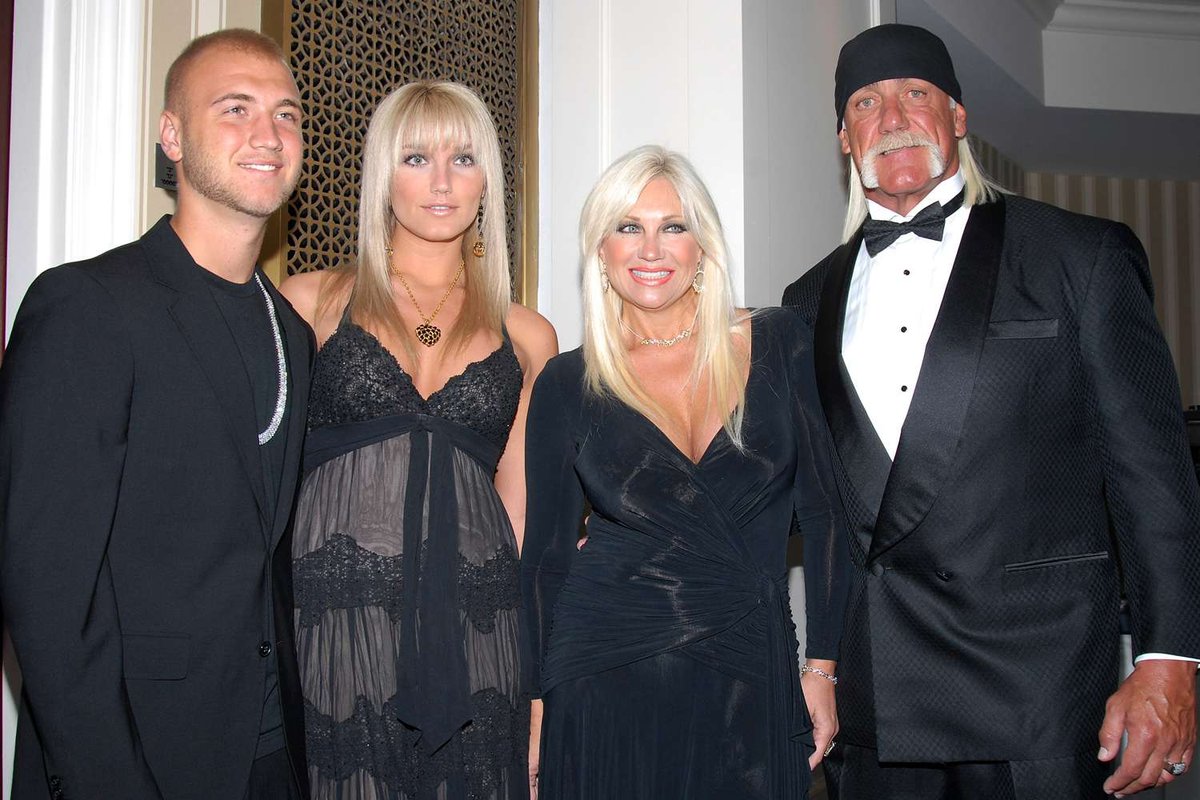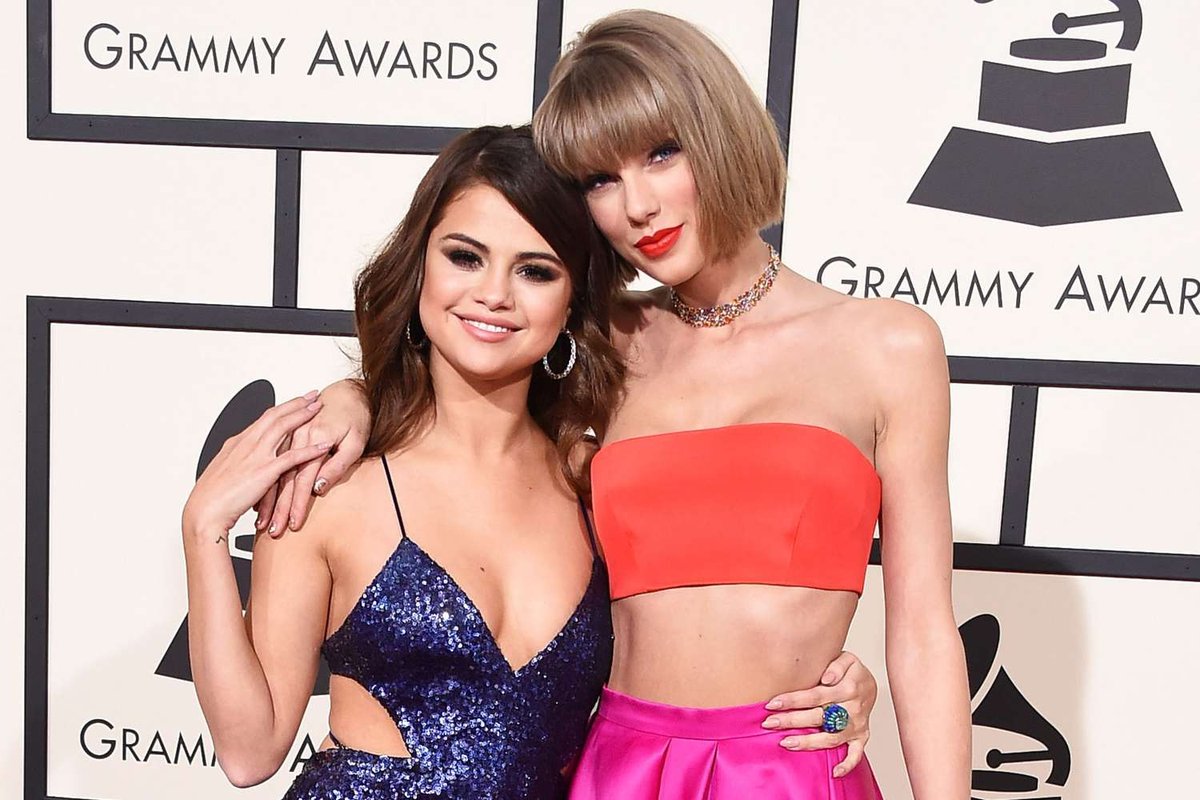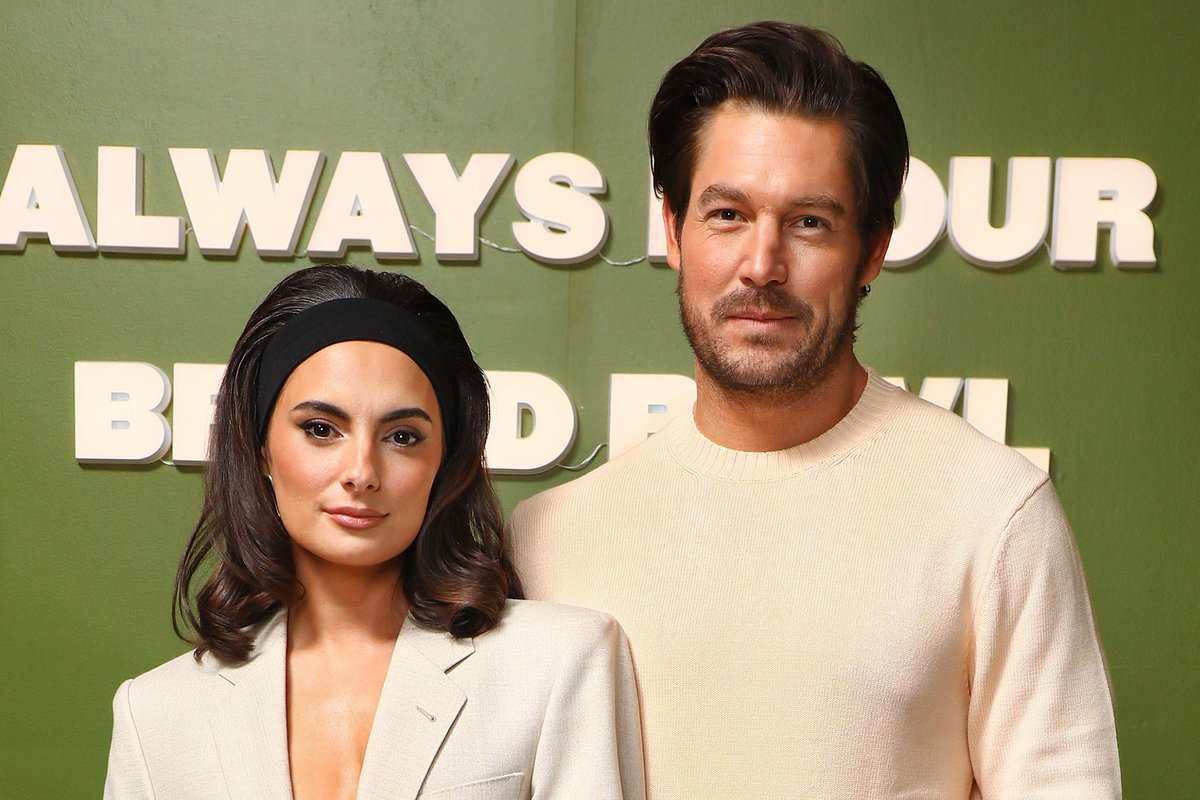Jenna Johnson Claps Back at Troll Criticizing Toddler’s Bottle

Objective analysis grounded in verified sources shows that Dancing With the Stars pro Jenna Johnson confronted a harsh social media attack on her two-year-old son, Rome, and ignited a broader discussion about online bullying. The sequence began when Johnson shared a candid snapshot on July 5 of herself and partner Valentin Chmerkovskiy’s toddler sipping from a bottle. Within hours, a direct message landed in her inbox criticizing Rome’s age and weight, labeling him “Way too old for this fat r—-d to have a bottle.” According to E! News, Johnson responded in her Instagram Stories, calling the remark “vile” and questioning societal norms around unsolicited parental advice.
Let’s break down the key events and their implications. First, Johnson’s decision to post personal family moments on social platforms carries both connection and risk. As People Magazine points out, celebrity parents often walk a tightrope between authenticity and exposure. In this case, a private critique became public when Johnson screenshot the troll’s DM, amplifying a private exchange into a teachable moment about civility online.
Next, Johnson’s commentary underscores the shifting landscape of digital discourse. She acknowledged positive feedback from fellow moms and fans—feedback she says she welcomes within reason. Yet the vitriolic message from an apparent mother prompted her to ask, “What world are we living in?” This question resonates with experts who study cyberbullying, such as the Cyberbullying Research Center, which documents a rise in harassment targeting public figures and even their children.
Johnson’s follow-up on July 6 revealed an emotional turnaround. She shared that reading the flood of supportive messages “made [her] cry” and reminded her of the kindness within her online community. She pledged to continue spreading “positivity and light,” further illustrating how public figures can leverage negative incidents to foster solidarity among followers.
Data from social media analytics firm CrowdTangle shows that posts addressing online trolling often generate significant engagement—Johnson’s story garnered hundreds of thousands of views and thousands of comments within a day. This engagement highlights a collective appetite for conversations about respectful parenting, social media etiquette, and mental health.
Lastly, the incident speaks to the broader responsibility of digital platforms and influencers. As Johnson recommended, those who engage in harmful commentary should “respectfully get a life” and unfollow, a stance echoed by mental health advocates who call for stricter moderation and empathy in online spaces.
That wraps up today’s analysis of how a single malicious DM sparked a meaningful dialogue on parenting, online conduct, and community support. Stay informed, stay critical, and follow the facts.
Sources: Celebrity Storm and E! News, People Magazine, Instagram Stories
Attribution: Creative Commons Licensed




